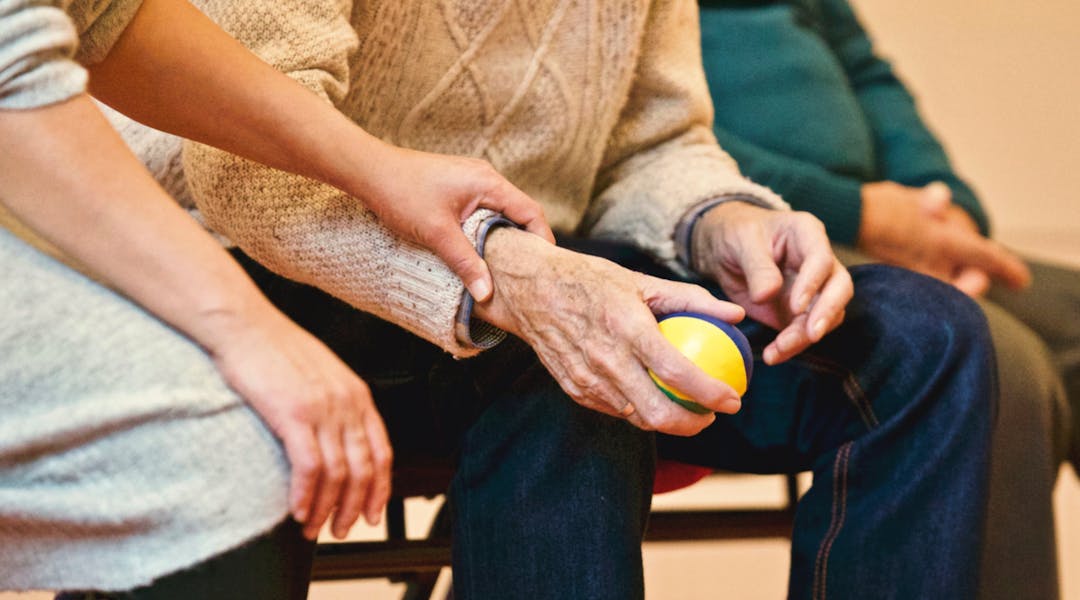Healthwatch Southend Service Re-procurement Consultation Summary Report 2020
Consultation has concluded

Key Findings and Themes Summary
July 2020
Summary
The Health and Social Care Act 2012 places statutory duties on local authorities to commission Healthwatch services. The local Healthwatch Southend (HWS) has been commissioned by Southend-On-Sea Borough Council to act as an independent champion to give residents a stronger voice to; influence, shape and challenge any issues that exists within Health and Social Care. The Healthwatch Southend contract was due to expire in March 2021, however, due to the challenges of the Covid-19 pandemic, the HWS contract was extended until the 31st March 2022. The Council carried out a consultation in early 2020 to find out what could be improved about the service, and this report includes its key findings. You can find out more about Healthwatch and what they do on the Healthwatch England website.
Survey interaction
The main consultation was delivered through the Southend-on-Sea Borough Council online consultation portal. 204 residents and 20 professionals participated. The responses from professionals varied and included those who work in; healthcare, social care, the voluntary, and community sectors. The survey was advertised online, through websites, social media, the NHS Clinical Commissioning Group (CCG), corporate, Voluntary, Community organisational newsletters, Children’s centre’s, and through key statutory and voluntary sector service teams. The Southend Youth Council also had their say, with 20 young people taking part in a workshop in February 2020.
The resident’s survey ran from 9th March 2020 to 27th April 2020. The professional’s survey ran from 9th March 2020 until 24th May 2020. The Professionals survey was originally due to close at the same date as the resident's survey but we extended this to generate more responses.
Our social media engagement for the survey;
- Impressions - 35,897 (amount of times the advert was on digital screens)
- Reach – 10,837 (amount of times advertisement was seen)
- Clicks through to survey – 814
Themes: What should be the priorities for a future Healthwatch Southend service?
These are some key themes from people’s answers to questions in the survey, from open text responses and multiple choice responses.
- Better profile, identity, and visibility
- Effective communication
- Clear strategic aims and leadership
- Transparent decision making
- More inclusive approach
- Engagement with the community
- Showing the outcomes of activities and actions by publishing reports
What did participants think a future Healthwatch Service should focus on?
Consulting during Covid-19
The Covid -19 pandemic saw thousands of people and organisation's in lockdown from mid-March 2020 in the UK. This compromised the Council's ability to carry out many of its planned face to face surveys and events in Spring 2020. This also contributed to a reduced level of engagement activities.
We recognised that many professionals were dealing with the impact of Covid 19 and that filling out the survey may not have been a priority. To encourage a greater response we extended the professional’s survey.
Online surveys were the main method of gathering information and this may have lowered responses from people; who are unable to, or would rather not use computers or mobile devices. Further consideration is being to how we can best engage these groups, in a safe and sensitive manner going forward.
Demographics data - Citizens survey
We gave participants the option to share some additional information about themselves.
These questions were optional, and where appropriate included open text responses so that respondents were able to self-describe.
Feedback and Additional Findings
There were many detailed responses from citizens to the survey questions, which have been used to influence the priorities for the new Healthwatch Southend service.
A significant percentage of participants were not aware of Healthwatch Southend and the services they provide. For those that were aware of the service, it was generally felt that more could be done to promote the service to people who are not familiar with the service.
A graph showing the responses to the question ‘Are you aware of Healthwatch Southend and the service it offers?'
The Carer's survey was launched around the same time as the Healthwatch Southend one, participants were also asked the question, "Are you aware of Healthwatch Southend?" This question was answered by 152 people; 114 said "No" (75%) and 38 said "Yes" (25%)
Demographic data suggests there was low engagement from certain groups. For example, under-represented groups were under; 24 and over 80 year olds. We would have like to have heard more from Black, Asian, Minority and Ethnic, Lesbian, Gay, Bi-sexual, Transgender and Questioning and disability groups.
Engaging with these under-represented groups will be a priority for the current and new service - with a more inclusive approach going forward.
The survey indicated that digital platforms were the participant's most preferred method of contacting Healthwatch Southend. We recognise that this may not be the same view for those who do not use digital platforms, or for under-represented groups. This will also be considered in our next steps.
How do participants think Healthwatch should be promoted?
Next Steps
We recognise that COVID 19 has meant that we have had to extend the Healthwatch Southend contract until 31st March 2022. However, the consultation has supported us in identifying some priority areas and these are already informing current Healthwatch Southend activity.
Further research and discussions with stakeholders and partners will continue to identify any possible gaps in the development of the service, to ensure that it continues to focus on being as inclusive as possible.
This consultation will influence our future procurement processes; for example ensuring that under-represented groups' voices are heard and contribute to the design of the new Healthwatch Southend service.
We will plan to engage with providers in a fair and transparent way to understand how they will deliver a service that best meets the needs of our citizens.
Report written in June 2020 by Yvonne Powell, Prevention and Localities Commissioning Manager, Supported by Jess Siggins, Integrated Commissioning Team. Report updated in November 2020.



